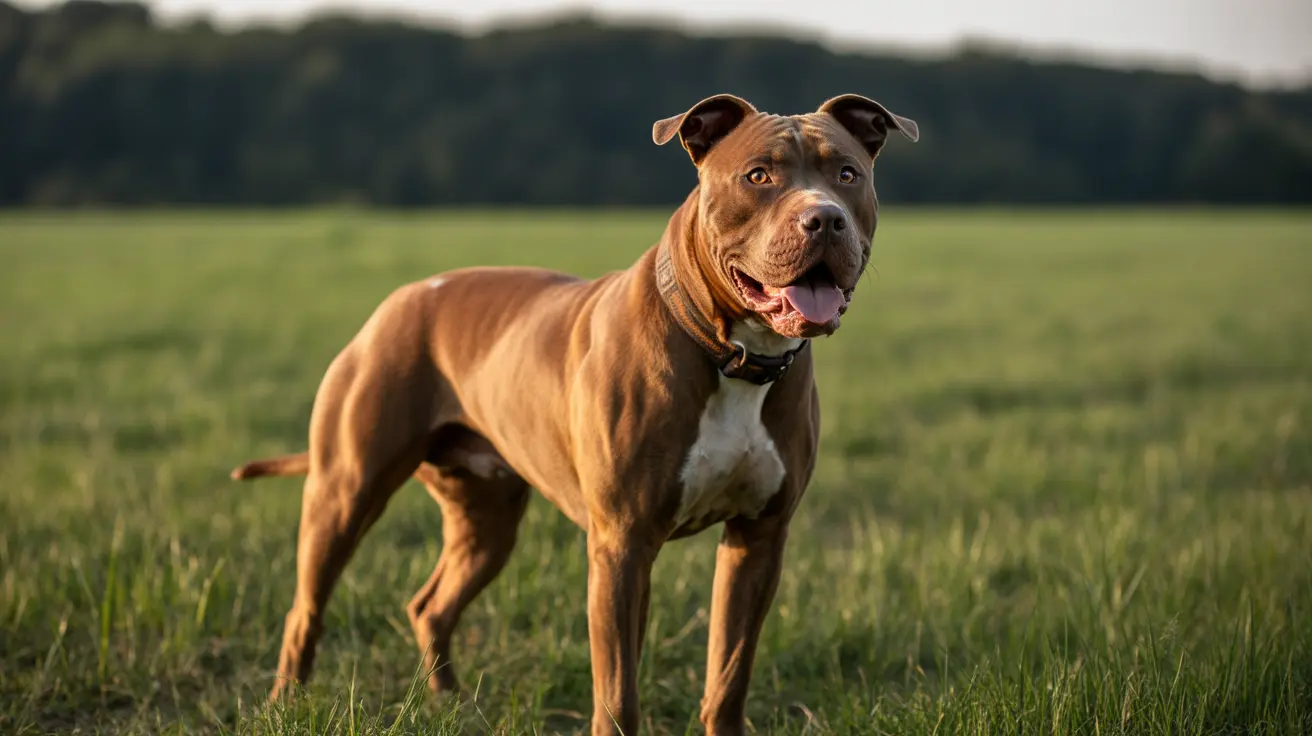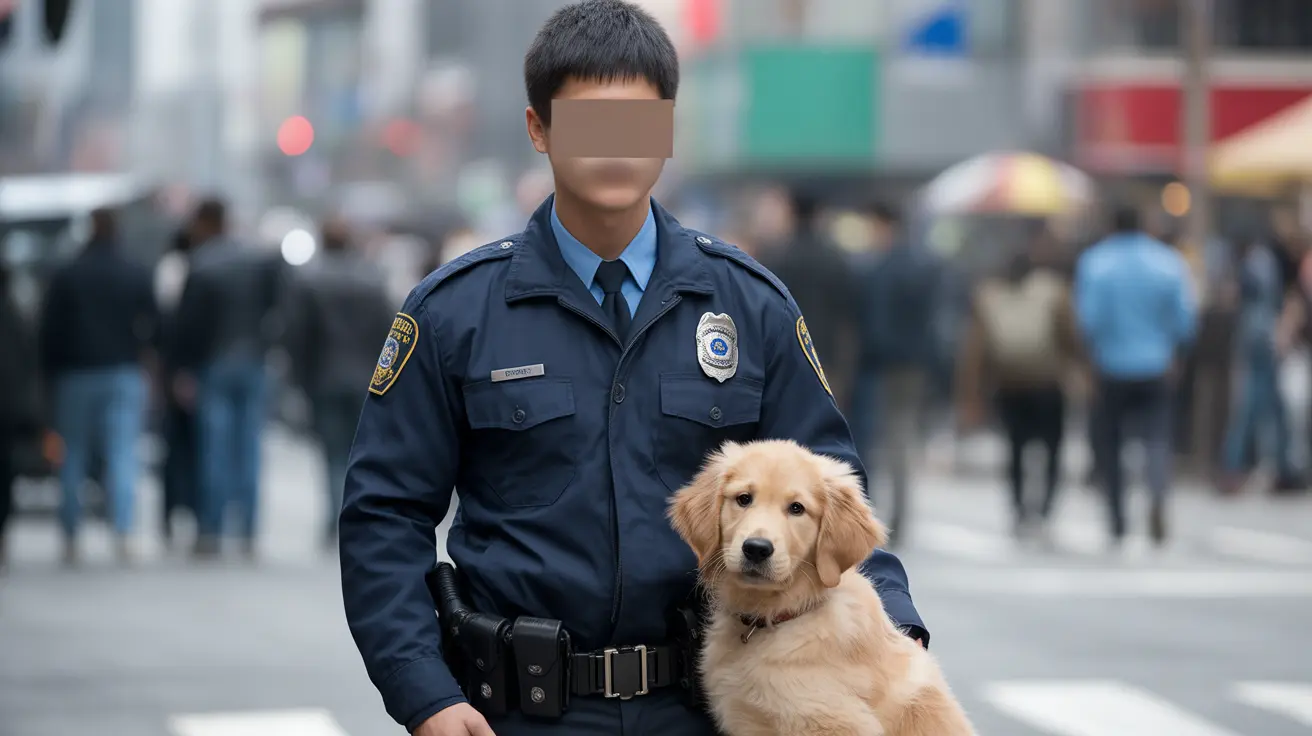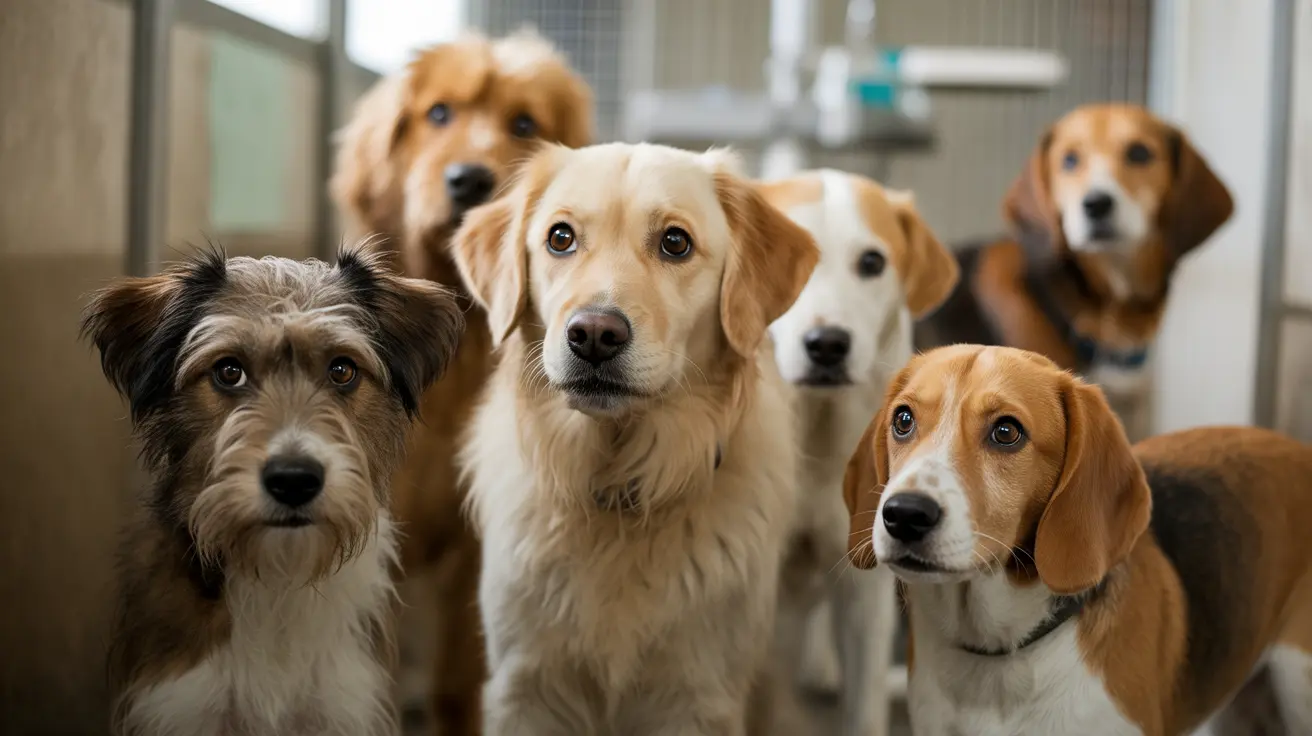Why Does My Dog Lick My Partner's Face But Not Mine?
Dogs are fascinating creatures with unique personalities and behaviors. One behavior that often surprises dog owners is when a dog consistently licks one person's face but not another — for example, favoring your partner over you. This can lead to questions about bonding, affection, and preferences. Let’s explore the possible reasons behind this canine quirk.
1. Scent and Taste Preferences
Dogs rely heavily on their sense of smell and taste to understand the world. Your partner's skin may have a scent or taste that your dog finds appealing. This could be due to:
- Natural body chemistry: Each person's natural scent is different, and your dog may be drawn to your partner’s unique smell.
- Skincare products: Your partner might use lotions or shampoos with flavors or smells that attract your dog.
- Diet: The foods a person consumes can subtly impact body odor, which dogs can easily detect.
2. Bonding and Attachment
Dogs often establish stronger bonds with the person they spend the most time with or who fulfills their emotional needs more consistently. If your partner:
- Feeds the dog more often
- Spends more quality time playing or cuddling
- Is calmer or more affectionate
Then your dog might feel more bonded with them, expressing affection through licking.
3. Reinforcement of Behavior
Licking can be a learned behavior. If your partner reacts positively — laughing, petting, or cooing — your dog will associate face-licking with positive reinforcement. Conversely, if you discourage this behavior or redirect your dog, they may avoid licking you and choose your partner instead.
4. Comfort and Energy Levels
Dogs are emotional sponges. They can sense human energy and choose interactions based on emotional comfort:
- A relaxed, calm partner may be more inviting for licking behavior.
- If you're often stressed or less receptive, your dog might not feel as inclined to approach you in this way.
5. Social Hierarchies and Submission
Licking can also be a sign of submission or respect in the canine world. If your dog perceives your partner as the 'alpha' or leader in the household, they may exhibit submissive behaviors like licking their face.
6. Personality Differences in Dogs
Just like humans, individual dogs have preferences. Some dogs simply prefer certain people over others, without any clear reason. This could stem from past experiences, personality alignment, or even small interactions throughout the day.
7. Past Experiences and Socialization
Your dog’s early experiences could influence whom they feel more comfortable expressing affection towards:
- If your partner reminds them of a previous caretaker, this may evoke familiar, affectionate behaviors like licking.
- Negative experiences with people that resemble you in appearance, tone, or mannerisms could also play a role — even subconsciously.
How to Encourage Your Dog to Lick You
If you'd like to receive the same affection from your dog, consider the following tips:
- Spend more quality time playing, walking, and cuddling with your dog.
- Use positive reinforcement when your dog shows affection toward you.
- Apply dog-safe flavored lotion or treats to your face or hand to encourage licking (consult your vet first).
- Be patient and gentle. Forcing interaction can backfire and make your dog wary.
When Licking Becomes a Problem
While affection is sweet, excessive licking can indicate underlying issues such as anxiety, boredom, or even medical concerns. If the behavior seems compulsive or has suddenly changed, it's wise to consult a veterinarian or certified dog behaviorist.
In Summary
Your dog licking your partner's face but not yours isn't a sign of dislike — it's more likely due to personal preferences, bonding levels, or reinforced behavior. Understanding your dog’s unique cues and forming a stronger bond through positive interactions can increase affectionate behaviors toward you.





